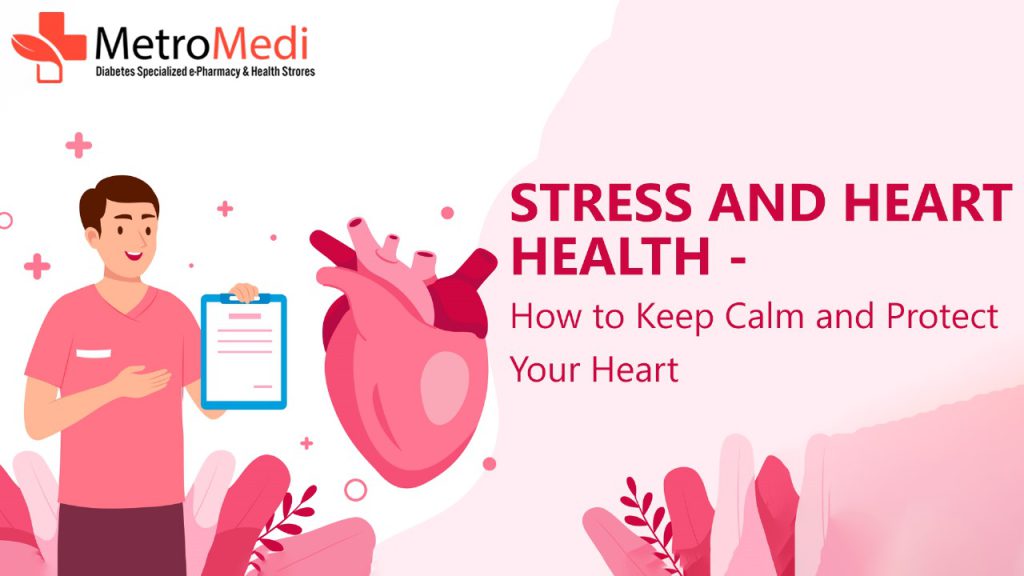
Stress can take a toll on your physical health, particularly your heart. Chronic stress and anxiety not only affect your mental well-being but can also increase the risk of heart-related issues. Understanding the signs stress is affecting your heart and learning how to relax your heart and mind is essential for long-term health.
In this blog, we’ll explore the connection between stress and heart health, signs stress is affecting your heart, and practical ways to relax your heart from anxiety and calm your mind.
Signs Stress is Affecting Your Heart
Stress impacts your body in various ways, but when it targets your heart, the effects can be serious. Here are some common signs stress is affecting your heart:
- Increased Heart Rate: You may feel your heart racing, even when at rest.
- Chest Pain or Discomfort: Stress-induced muscle tension can mimic heart-related issues.
- High Blood Pressure: Stress can cause temporary spikes in blood pressure, which over time can harm your cardiovascular system.
- Shortness of Breath: Anxiety can make you feel like you can’t catch your breath, adding strain to your heart.
- Fatigue or Weakness: Chronic stress can leave you feeling drained, affecting your overall energy levels.
If you experience any of these symptoms persistently, consult a healthcare provider to rule out underlying conditions.
How to Relax Your Heart from Anxiety
Anxiety and stress can make your heart work harder. Learning how to relax your heart from anxiety can lower these risks and improve your overall health. Here are effective ways to soothe your heart:
1. Practice Deep Breathing
Deep, diaphragmatic breathing can calm your nervous system and slow your heart rate. Try inhaling for a count of four, holding for four, and exhaling for six.
2. Engage in Mindfulness and Meditation
Mindfulness exercises and guided meditations help reduce stress hormones like cortisol, relaxing your heart and mind simultaneously.
3. Exercise Regularly
Physical activity releases endorphins, natural stress relievers that help your heart and body relax. Activities like walking, yoga, or swimming are especially effective.
4. Stay Hydrated
Dehydration can exacerbate stress and strain on the heart. Drink plenty of water to help maintain optimal circulation and reduce the physical effects of anxiety.
5. Use Calming Techniques
Hobbies like listening to calming music, journaling, or spending time in nature can relax your heart and mind, creating a sense of peace and balance.
How to Relax Your Heart and Mind
Taking care of both your heart and mind is crucial for overall well-being. Here’s how to relax your heart and mind as part of your daily routine:
- Start Your Day with Gratitude: Reflecting on what you’re thankful for sets a positive tone for the day.
- Set Boundaries: Limit exposure to stressors, whether work-related or personal.
- Practice Progressive Muscle Relaxation: Tense and release each muscle group to relieve physical tension caused by stress.
- Stay Connected: Spend time with loved ones and engage in meaningful conversations to lift your spirits.
- Seek Professional Support: If stress or anxiety becomes overwhelming, consider counseling or therapy to develop effective coping mechanisms.
Conclusion
Stress and anxiety can negatively impact your heart, but recognizing the signs stress is affecting your heart and taking steps to relax your heart and mind can make a significant difference. By incorporating relaxation techniques, healthy habits, and mindful practices into your daily routine, you can protect your heart and improve your quality of life.
